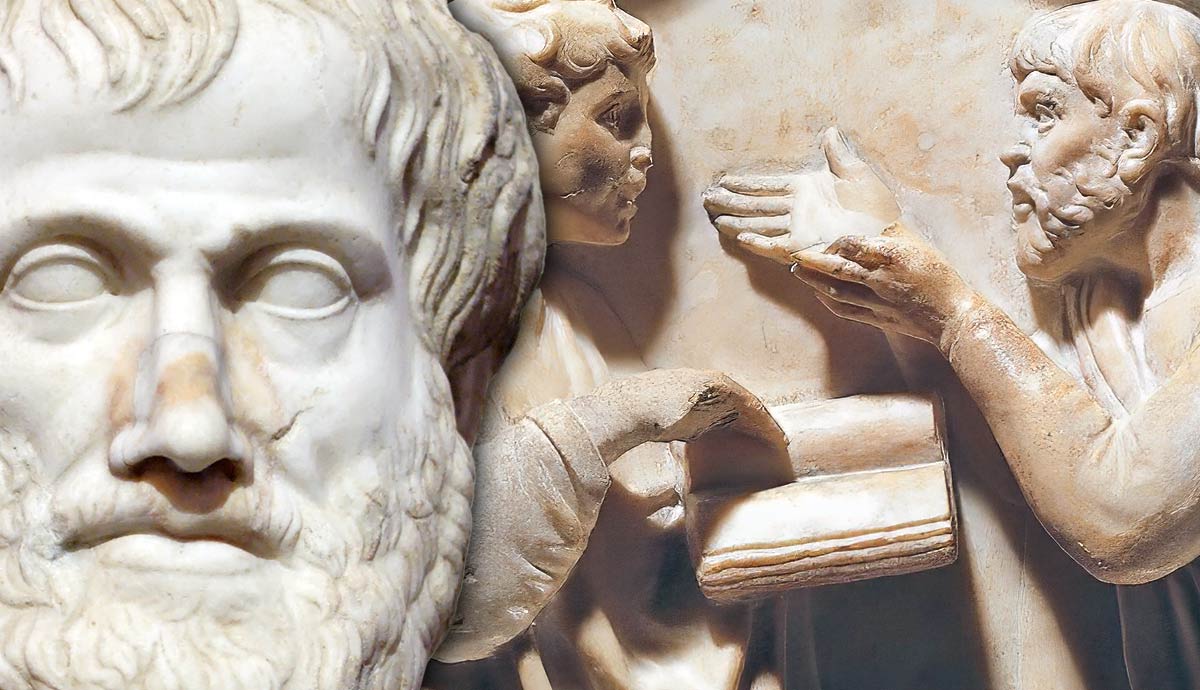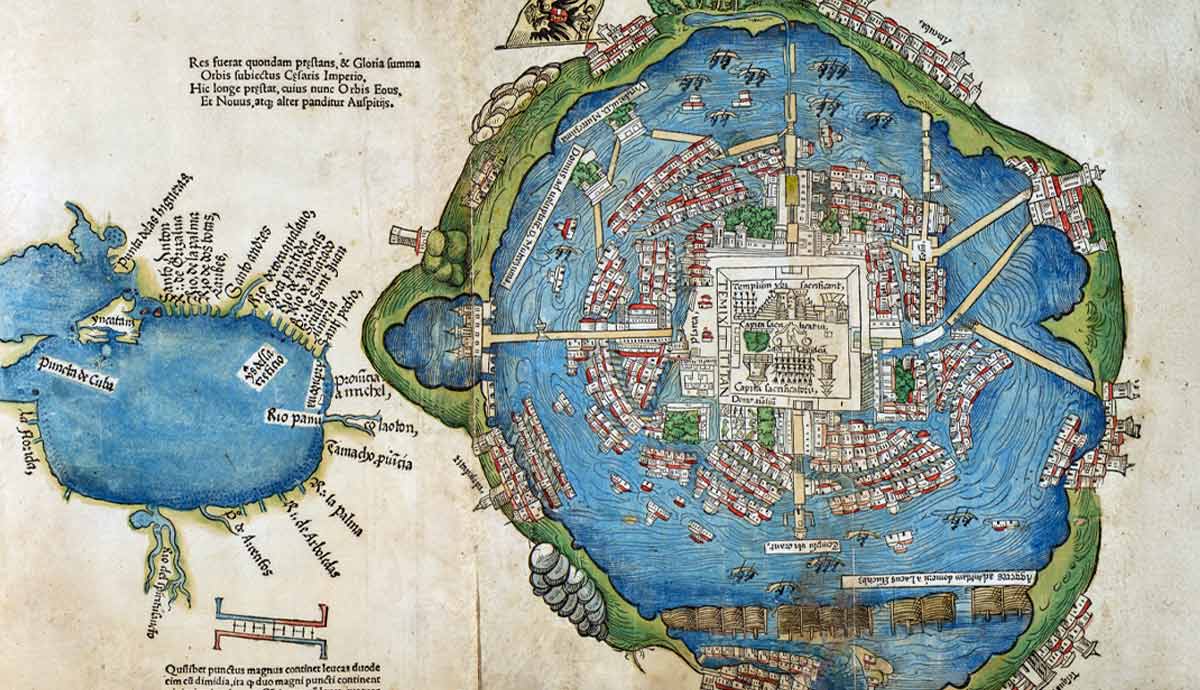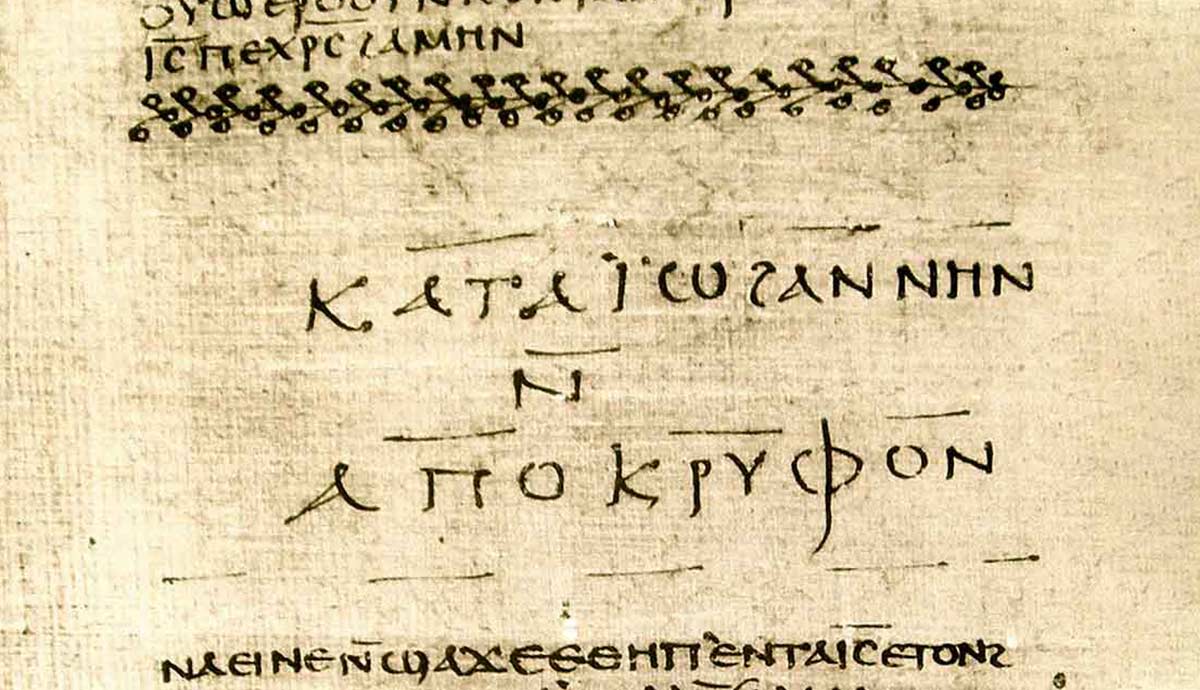
It can be argued that ancient Greek philosophy underwent its most substantial transformation during the fourth century B.C. The death of Socrates in 399 meant that the absence of his stalwart curiosity would have to be filled by someone else. By the end of the fourth century, Greece had a much richer understanding of the scope of philosophy thanks to the meticulous work of Aristotle.
Aristotle’s Life

Aristotle was born in 384 BC in Macedonia and came from an aristocratic background, which allowed him to make two of the most important connections in his life. At a young age he was able to travel to Athens and study directly under Plato until his death in 348. During this time, Aristotle tutored Alexander the Great, the son of the Macedonian king Philip II and heir to the throne. When Philip conquered Athens in 338, Aristotle returned to the city and established his own school called the Lyceum.
Alexander ascended to the throne shortly after but died in 325 during his military campaign. This allowed Athenians to regain influence over their territory, and Aristotle’s connections and sympathies with Macedonia only worsened his reputation. He was convicted of impiety against the Athenian gods and sentenced to death, but successfully avoided execution. He soon died of natural causes in 322 BC.
Plato and the Project of Philosophy

Having studied directly under Socrates, Plato took great influence from him as well as the Presocratics in his own philosophical pursuit. Socrates was vocal about his dedication to obtaining knowledge, particularly through understanding values, because to him it was the only path towards living an ideal life. The wit and nuance in his thinking is preserved in Plato’s written dialogues, but Socrates knew that any investigation begins by asking what something is—friendship, justice, etc. Plato concluded that the objects his teacher sought out whenever trying to obtain knowledge were pure forms; even when observing the material world, having knowledge means possessing an idea.
It occurred to Plato that a systematic understanding of similarities between these forms, how they work, and how they relate to our experience of the world could transform philosophy into a tool for having a complete understanding of the world, which inspired the development of Platonism.
Aristotle and the Material World

Aristotle became familiarized with the timeline of ancient Greek philosophy studying under Plato and inherited this idea of philosophy’s incredible potential. However, Aristotle’s approach was fundamentally different from Plato’s because he prioritized the material world and objects of his direct perception over abstract forms. He did not completely dismiss Plato’s notion of pure forms, and the timeline of apparent criticism or respect for his teacher’s perspective is up to scholarly debate, but this difference still has profound implications for philosophy.
The basis of knowledge for Aristotle is not the idea towards which we progress, but rather the evidence we establish through observation, and so knowledge is always susceptible to change with new evidence. Learning is thus always an uphill battle, regardless of whether we can meet the pure forms Plato addressed, and so Aristotle’s philosophy sprawls across various aspects of experience without needing one point beyond our experience where all knowledge converges.
Aristotle’s Methodology

It’s estimated that of all the work Aristotle wrote in his life, only about twenty percent is available to us today. Still, the material we can read covers a wide array of topics including ontology, ethics, art, natural science, and political philosophy. If we were to try and conceptualize what about Aristotle’s method remains consistent across all these subjects, it might help to think about how Aristotle asks the Socratic question of what a thing is. One of the major flaws Aristotle recognized in Plato’s theory of forms is that it could not explain change itself as a form. There is a gap between beings which assume different forms, child and adult, clay and vase, etc., which cannot be bridged when thinking of these things as only real insofar as they participate in two separate ideas of themselves.

Aristotle’s four causes provide a fuller metric for understanding what things are that accounts for change as well. The formal cause identifies the definition, form, or idea of a being, and the material cause identifies the physical substance which composites a being. (This duality of objects is called hylomorphism.) The efficient cause identifies the properties or circumstances responsible for change, and the final cause identifies the end towards which change unfolds. While this does not suppose that abstract ideas or pure forms do not exist, it does insist that such abstractions emanate from our world outward.
This explanation is better understood as a general starting point from which much of Aristotle’s work begins. Fortunately, Aristotle’s writings were preserved immediately after his death by his student Theophrastus, and his discoveries stayed relevant in Greece and eventually made it to ancient Rome. Aristotle’s method of philosophy allowed the discipline to grow with a stable and compartmentalized grasp of its vast utility.










